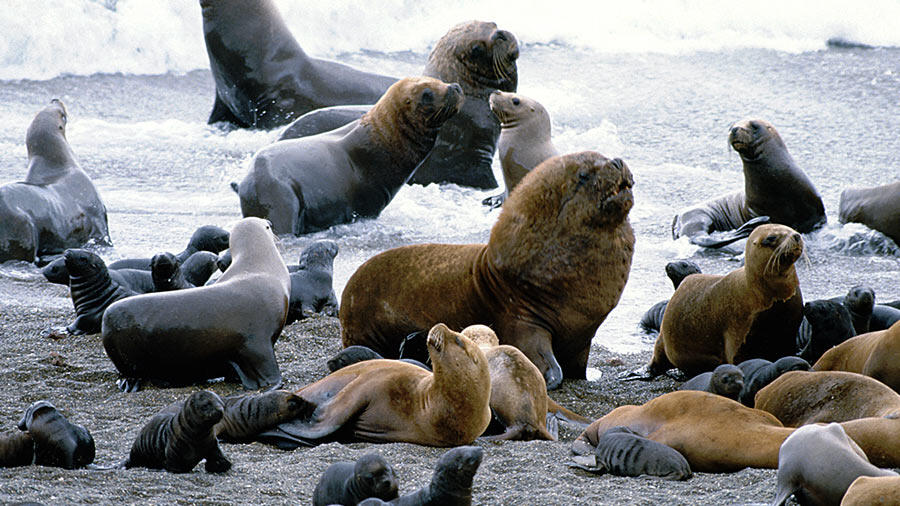The project is in charge of the research professor of the Faculty of Natural Sciences of the UAQ, Karina Alethya Acevedo Whitehouse, who reported that the concern to study these animals arose during his academic life at the National Autonomous University of Mexico (UNAM) in the which he said had the opportunity to discover for the first time this phenomenon.
“I studied veterinary medicine. I worked at the Veterinary Specialty Hospital in Small Species volunteer several years and I was fortunate to get a listener to a matter that was of wildlife medicine with Dr. Carlos Godinez Reyes, who was my mentor in the Bachelor’s and working with sea lions. In a scientific cruise where I was in charge of doing autopsies of animals that were, I had to make it a freshly dead adult female, she was invaded by a very aggressive cancer; hence my first publication and interest in the subject, “he recalled.
Whitehouse Acevedo said that since the eighties began reporting isolated cases of this very aggressive carcinoma in the urogenital tract of sea lions; however, he said, in recent years it has announced a significant increase in cases in this species, mainly on the coasts of California, United States.
“This carcinoma behaves very similar to cervical cancer in the age at which it is presented, aggressiveness and mortality.But right now we are talking about an incidence of 25 percent of the animals beaching on the coasts of California, adult animals die and when done them necropsy this cancer is identified. This is terrible, because it is very high and implies that we do not know what the prevalence in the wild. It is worrying from the point of view of the species and the health of the environment, but also the unique opportunity to study a process, such as cancer, in an organism outside the laboratory, “he said.
Given this, the research professor of the Faculty of Natural Sciences reported that the UAQ, through the Laboratory of Molecular Genetics and Evolutionary Ecology, conducted a study, supported by the Call for Research Frontiers of Science of the National Science Council and Technology (CONACYT), which is seeking to identify and characterize cancer associated components plaguing California sea lions.
“In this study we looked virus or bacteria that may be linked to this condition, we do in these animals a kind of pap, as they do to women. It was interesting because we found that there are viruses present even in pups, which makes you wonder if this virus really is involved in the pathogenesis, maybe is a virus that takes a lot of time with these animals.also we located that have already transformed cells from very small, it seems that the sea lion easily transforms your genital epithelium, generating these changes have precancerous very easily, “he said.
Karina Alethya Acevedo Whitehouse said that this study is conducted off the coast of California because it is the area where we have identified cases of cancer, unlike other places like Mexico where you do not have reports of this condition in the sea lion .
“According to studies, this cancer has only been reported in California, and the sea lion not only is there, their breeding sites are from California, the Channel Islands, which are at the altitude of Los Angeles in the arm Baja California and in the Gulf of California; It has never been reported that cancer in Mexican waters. Right now we characterize these injuries and throughout the Gulf of California and the Pacific. In Mexican waters something happens, I think what happens is a very good immune oncovigilancia where the body reverses these cells and not cancer develops, “he said.
Therefore, he said, the research group of the Laboratory of Molecular Genetics and Evolutionary Ecology UAQ studies, among other factors, levels of contamination by pesticides and plastics industry in the maritime area of California, which, he noted, is much higher than in Mexican waters.
Source: Agency Conacyt











